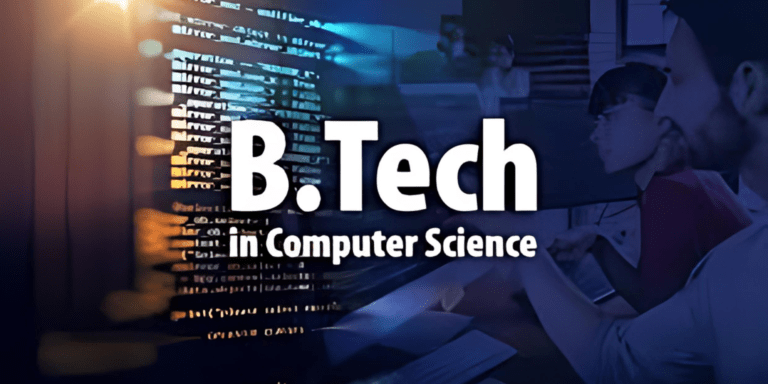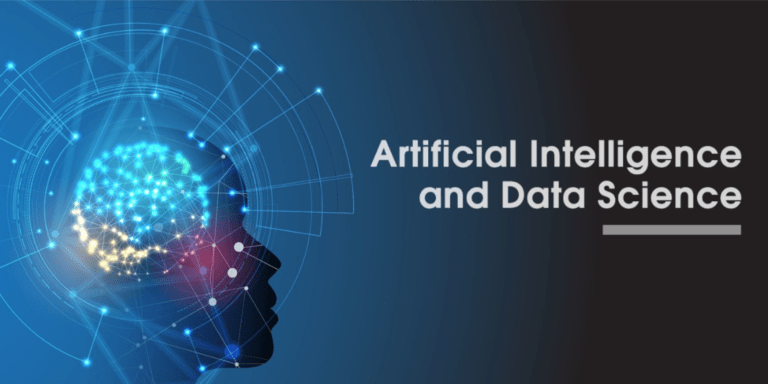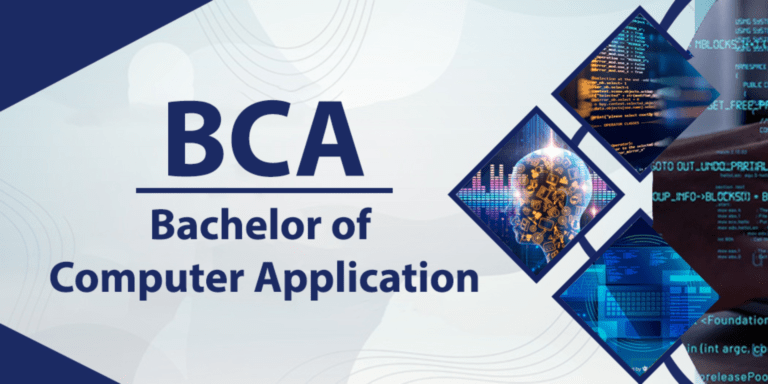Department of Computer Science
May 1, 2024 2025-04-18 12:14Department of Computer Science
Courses We Offer
With Specialization in
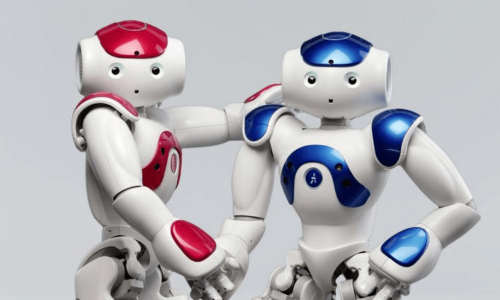
Artificial Intelligence

Data Science

Cloud Computing & Virtualization
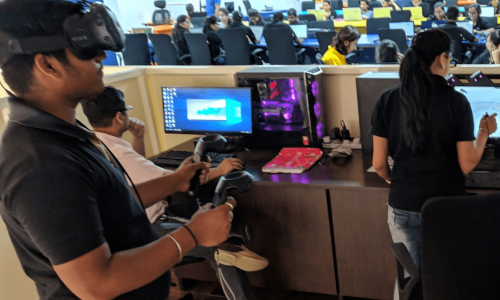
Mixed Reality (AR VR)
- Artificial Intelligence Lab
- Database Lab
- UML Lab
- Object Oriented Programming Lab
- Data Structure Analysis Lab.
- Internet Lab.
- C/C++ Lab
- Cisco CCNA Lab
- Foss Research Lab
- iCarnegie Lab for online courses and tests.
- Data center Lab.
- NAO Humanoid
- IBM Blade server- 1
- IBM AIX server- 1
- HP servers- 2
- Microsoft server
- Desktop computers HP make – 550 nos.
- Cisco/D Link Routers and switches and access points for wi fi facility.
- 60 Mbps Leased Line (NetLink) through Optical fibre cable.
- 100 Mbps Jio Fiber Link
- IBM BlueMix, Watson
- Big Insights, IoT
- Node Red, SPARK
- NAO Robotics, Webot, Choregraphe
- NAOqi SDK
- Google Developers APIs
- IBM Rational Rose, Microsoft Visual studio
- Eclipse, JDK, J Creator, SQL Server 2000
- Windows 10, Ubuntu 16.1, Linux Redhat
- Educational ERP
- Sophos firewall
- Controller:
- 3 Units (2X 64-Bit, 8 Core Xeon)
- 32 GB RAM, 2 TB Storage
- General – Purpose Computing:
- 2 Units (12 Cores X 2 CPUs Xeon)
- 256 GB RAM, 4 TB Storage
- Storage:
- 2 Units (2X64-Bit, 8 Core Xeon)
- 32 GB RAM, 3 X 3TB (9 TB SAS Storage Drive)
- 5 X 1 TB SSD
- Switch:
- 2 Units (48 Port, 4 Dual-Personality ports or Auto-Sensing 10/100/1000 BAse-T RJ-45 or mini-GBIC
- Alienware Aurora R8
- Intel Core i7 9700K, NVIDIA GeForce RTX 2080 CC with 8GB GDDR6
- 32GB RAM, 256 GB SSD + 1TB 7200 RPM SATA 6Gb/s Storage
- EON IBENCH MOBILE
- ZVR display along with ZVR eye ware, Intel Xeon CPU E5-1620
- 16 GB DDR3 RAM, 1TB 7200 RPM SATA
- Apple iPad Air 4th Generation
- AVR Assets Development Glass PC
- Intel Core i7 8700K, ASUS GTX 1070 CC with 8 GB GDDR6
- 64 GB DDR4, WD 500 GB SSD SATA 6Gb/s Storage
- EON HMD (HTC VIVE BE) & AR Mobile (Lenovo Tango)
- Software: EON Studio 8.0 Professional, Unity Education Version, EON XR Creator
VISION
To be among top five well known department of Computer Science and Engineering in the state of Rajasthan in placing the students at premier industry.
MISSION
| M1: | To equip students with ability to be innovative and excellence to face the challenges in the digital world. |
| M2: | To prepare students with high quality employability skills catering to current trends in industries, problem solving skills, innovative pursuits and ready to face challenges in the domain and allied disciplines. |
| M3: | To provide ambience for entrepreneurship and start-ups through incubation center among students. |
| M4: | To encourage continuous faculty training on industry-based Development, and Innovation. |
PROGRAM OUTCOMES (POs)
Engineering Graduates will be able to:
| 1 | Engineering knowledge: | Apply the knowledge of mathematics, science, engineering fundamentals, and an engineering specialization to the solution of complex engineering problems. |
| 2 | Problem analysis: | Identify, formulate, review research literature, and analyze complex engineering problems reaching substantiated conclusions using first principles of mathematics, natural sciences, and engineering sciences. |
| 3 | Design/development of solutions: | Design solutions for complex engineering problems and design system components or processes that meet the specified needs with appropriate consideration for the public health and safety, and the cultural, societal, and environmental considerations. |
| 4 | Conduct investigations of complex problems: | Use research-based knowledge and research methods including design of experiments, analysis and interpretation of data, and synthesis of the information to provide valid conclusions. |
| 5 | Modern tool usage: | Create, select, and apply appropriate techniques, resources, and modern engineering and IT tools including prediction and modeling to complex engineering activities with and understanding of the limitations. |
| 6 | The engineer and society: | Apply reasoning informed by the contextual knowledge to assess societal, health, safety, legal and cultural issues and the consequent responsibilities relevant to the professional engineering practice. |
| 7 | Environment and sustainability: | Understand the impact of the professional engineering solutions in societal and environmental contexts, and demonstrate the knowledge of, and need for sustainable development. |
| 8 | Ethics: | Apply ethical principles and commit to professional ethics and responsibilities and norms of the engineering practice. |
| 9 | Individual and team work: | Function effectively as an individual, and as a member or leader in diverse teams, and in multidisciplinary settings. |
| 10 | Communication: | Communicate effectively on complex engineering activities with the engineering community and with society at large, such as, being able to comprehend and write effective reports and design documentation, make effective presentations, and give and receive clear instructions. |
| 11 | Project management and finance: | Demonstrate knowledge and understanding of the engineering and management principles and apply these to one’s own work, as a member and leader in a team, to manage projects and in multidisciplinary environments. |
| 12 | Life-long learning: | Recognize the need for, and have the preparation and ability to engage in independent and life-long learning in the broadest context of technological change. |
PROGRAM SPECIFIC OUTCOMES (PSOs)
| PSO1: | Students will be able to design, develop, test, debug, deploy, analyse, troubleshoot, maintain, manage, and ensure security during the complete product lifecycle. |
| PSO2: | Student will be able to apply software engineering/ information system development skills to solve problems across diverse domains. |
| PSO3: | Students will be well-prepared to initiate and oversee innovative startups within their respective sectors. |
PROGRAM EDUCATIONAL OBJECTIVES (PEOs)
| Technical Proficiency | Graduates will have a strong foundation in core concepts, tools, and technologies relevant to their discipline. |
| Career Development | Graduate will be capable of pursuing diverse career paths in field of Computer Science & Engineering with proficiency in software development/ pursue higher education and or become entrepreneurs. |
| Problem-Solving | Graduates will have a strong math foundation so that they will be proficient problem solvers, capable of identifying, analysing, and solving complex technical problems using critical thinking and creative approaches. |
| Professional Attitude | Graduates will be sensitive to societal and professional environment, possess strong communication skills and will be skilled in working collaboratively within diverse teams adhering to ethical standards and professional practices. |
| Learning Environment | To create a learning environment that ensures graduates continue learning throughout their careers, effortlessly adopting new technologies to stay innovative in their chosen fields and remain effective contributors in their chosen field. |
Industry Mentor
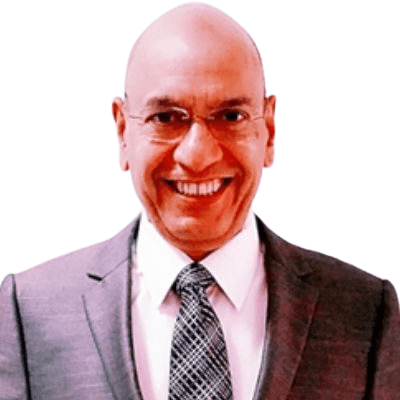
Mr. Lalit Yagnik
Ex. Director
IBM Australia

Mr. Sunil Nanda
Ex. Director
Intel / NVIDIA India
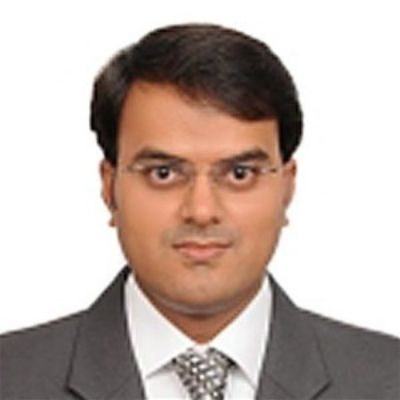
Dr. Pankaj Porwal
Director – Data Science (DS/ML Labs)
CARS24
Our Faculty
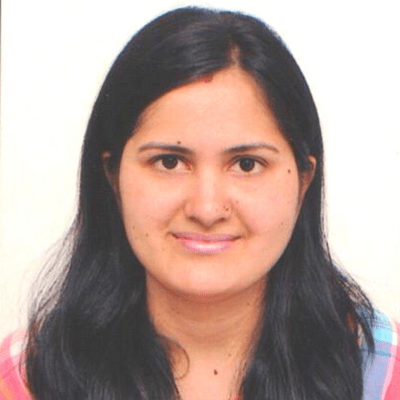
Dr. Rimpy Bishnoi
Networks, Cyber Security
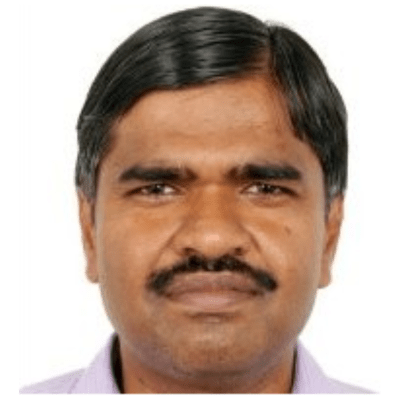
Dr Giriraj Nyati
VLSI Expert
Ex COO , Secure Meter & Geneus Meter

Dr. Vivek Jain
VLSI & Image Processing
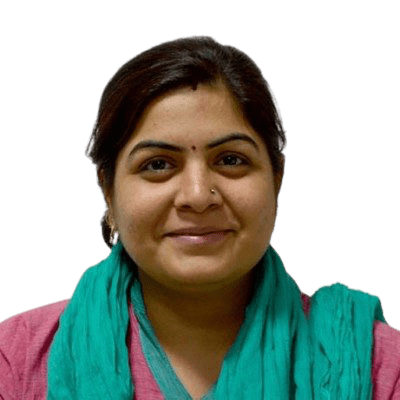
Mrs. Kirti Dashora
Data Structures & Algorithms
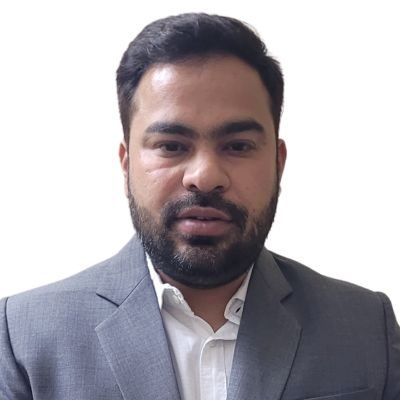
Akhilesh Deep Arya
AI & Machine Learning
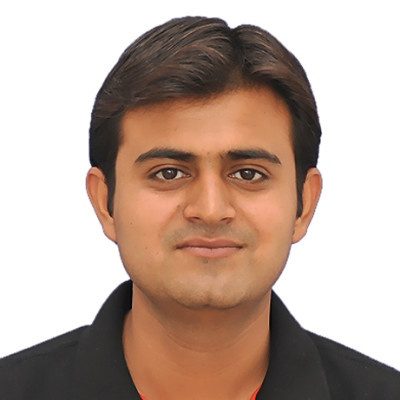
Gaurav Kumawat
Android Application Developer

Dr. Naresh Mali
Machine Learning
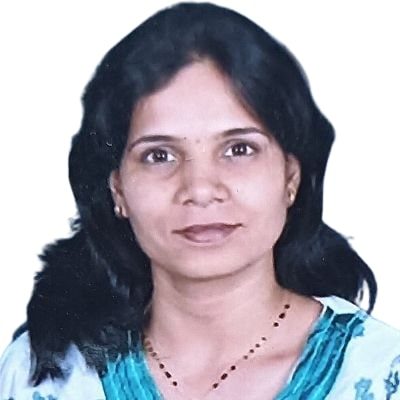
Dr. Kalpana Fatawat
Machine Learning / Computation
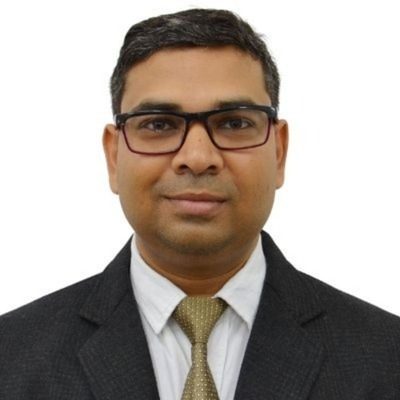
Dr. Nitin Kothari
Digital Electronics
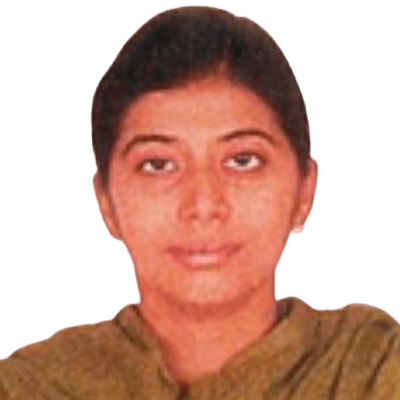
Drashti Dave
Computer Science & Engineering

Kriti Jain
Web Development
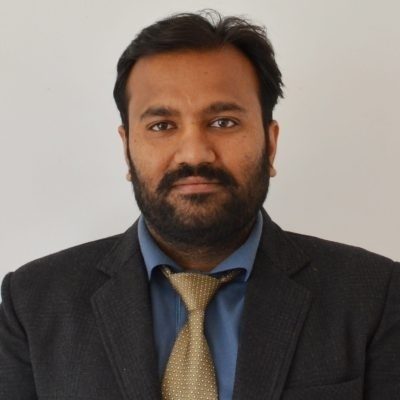
Yogendra Singh Solanki
AI/VLSI
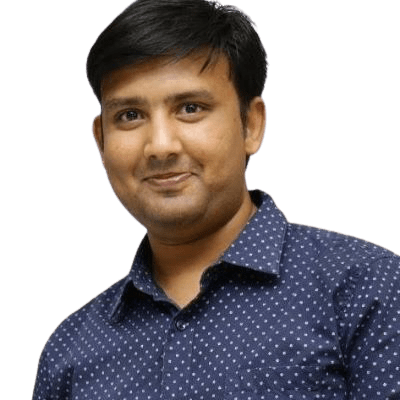
Aditya Maheshwari
Cloud Computing Virtualixation & Gen AI
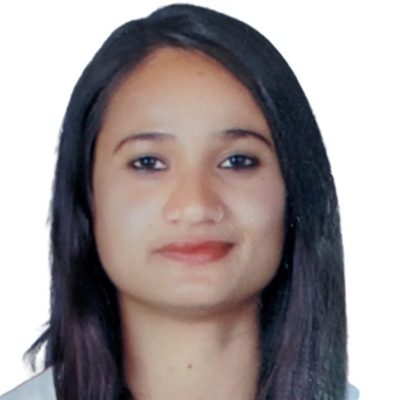
Nikita Menaria
Information Technology
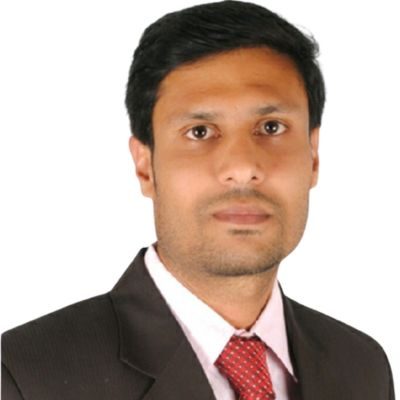
Hitesh Sen
Microprocessor/Digital Communication
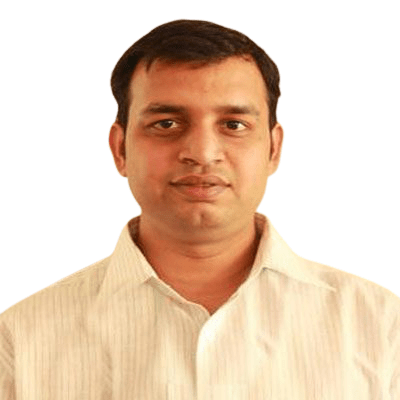
Pankaj Chiitora
Computer Science

Deepti Gour
Data Science
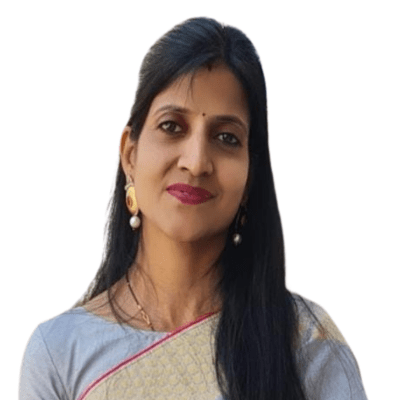
Bharati Suvalka
Computer Science & Engineering
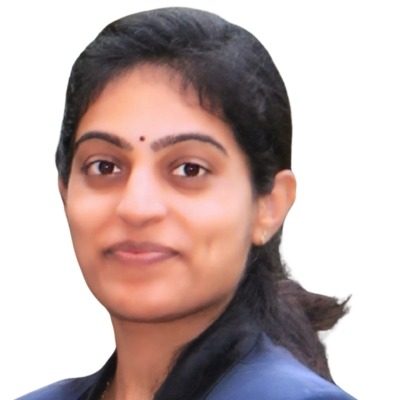
Anshita Dharmawat
Web Development
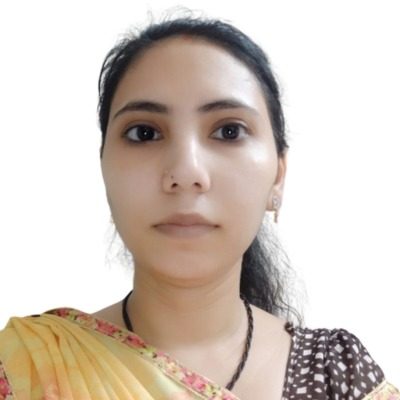
Khushboo Sharma
Web Development
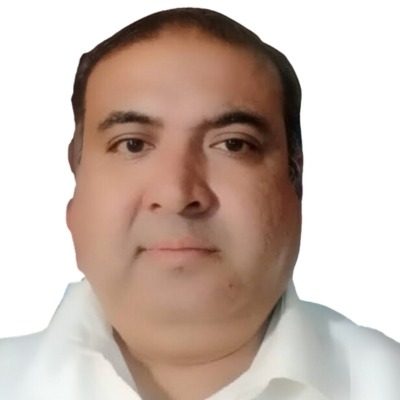
Gopal Kumar
Computer Science & Engineering
| S. No | Name | Qualification | Area of Specialization | Designation |
| 1 | Dr Rimpy Bishnoi | ME/M. Tech and PhD | Network on Chips | Professor |
| 2 | Dr Giriraj Nyati | ME/M. Tech and PhD | VLSI | Professor |
| 3 | Dr Vivek Jain | ME/M. Tech and PhD | Image Processing | Professor |
| 4 | Lalit Yagnik | M.E/M.Tech | Software Engineering | Professor |
| 5 | Kirti Purswani | M.E/M.Tech | Computer Science & Engineering | Associate Professor |
| 6 | Akhilesh Deep Arya | M.E/M.Tech | Computer Science & Engineering | Associate Professor |
| 7 | Gaurav Kumawat | M.E/M.Tech | Computer Science & Engineering | Associate Professor |
| 8 | Dr. Naresh Mali | M.E/M.Tech and PhD | Computer Science & Engineering | Associate Professor |
| 9 | Dr Kalpana Fatawat | MCA and PhD | Machine Learning/Computation | Associate Professor |
| 10 | Nitin Kothari | M.Tech | Digital Electronics | Associate Professor |
| 11 | Sunil Nanda | MS | Industry Projects | Associate Professor |
| 12 | Drashti Dave | M.E/M.Tech | Computer Science & Engineering | Assistant Professor |
| 13 | Kriti Jain | M.E/M.Tech | Computer Science & engineering | Assistant Professor |
| 14 | Yogendra Singh Solanki | M.E/M.Tech | AI/VLSI | Assistant Professor |
| 15 | Aditya Maheshwari | M.Sc. (CA & IT) | Cloud Computing Virtualixation & Gen AI | Assistant Professor |
| 16 | Nikita Menaria | M.Sc. (IT) | Information Technology | Assistant Professor |
| 17 | Hitesh Sen | M.E/M.Tech | Microprocessor/Digital Communication | Assistant Professor |
| 18 | Pankaj Chiitora | M.E/M.Tech | Computer Science | Assistant Professor |
| 19 | Deepti Gour | M.E/M.Tech | Computer Science & Engineering | Assistant Professor |
| 20 | Bharati Suvalka | M.Tech | Computer Science & Engineering | Assistant Professor |
| 21 | Anshita Dharmawat | M Tech | Computer Science & Engineering | Assistant Professor |
| 22 | Khushboo Sharma | M Tech | Computer Science & Engineering | Assistant Professor |
| 23 | Gopal Kumar | Mtech | Computer Science & Engineering | Assistant Professor |
Teaching Assistant (Lab-InCharge)
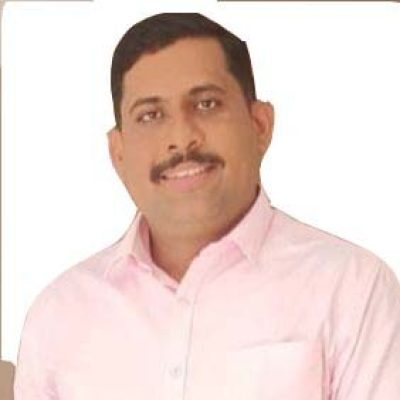
Pushpendra Singh Chundawat
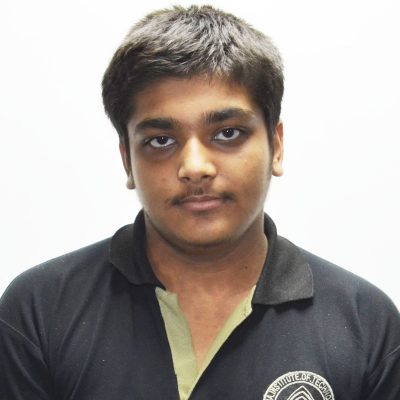
Adnan Pipawala
Java Web Development
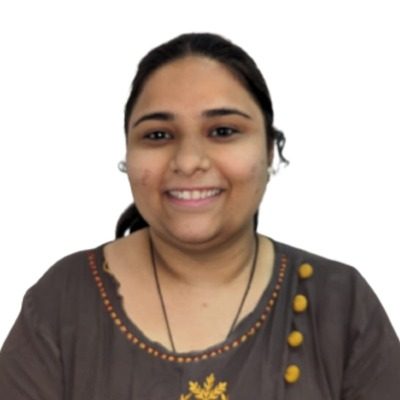
Pooja Dave
Web Development (PHP)
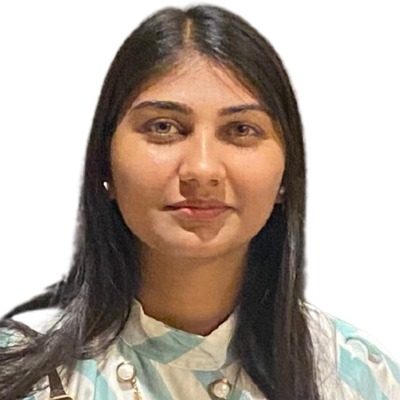
Payal Patel
Data Science

Akshat Bordia
Digital Marketing
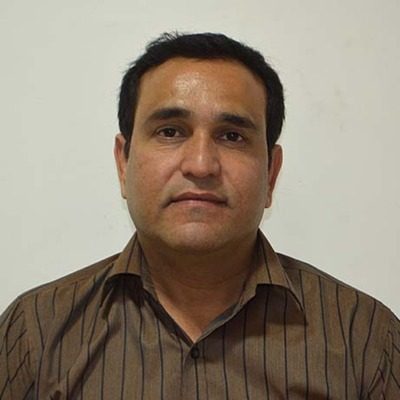
Chandrashekhar Sharma
Digital Marketing

Md Jahid
Network Admin
Lokesh Meghwal
CCNA
| S No | Name | Qualification | Designation |
| 1 | Pushpendra Singh chundawat | B. Tech | Teaching Assistant |
| 2 | Adnan Pipawala | B. Tech | Teaching Assistant |
| 3 | Pooja Dave | B. Tech | Teaching Assistant |
| 4 | Payal Patel | B. Tech | Teaching Assistant |
| 5 | Md Jahid | M.Sc. | Teaching Assistant |
| 6 | Akshat Bordia | M B A | Teaching Assistant |
| 7 | Chandrashekhar Sharma | Diploma | Teaching Assistant |
| 8 | Lokesh Meghwal | CCNA | Teaching Assistant |

